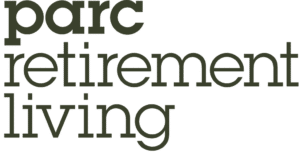Top Signs That a Parent May Be Ready for Retirement Living
in Independent LivingWritten by PARC Retirement Living
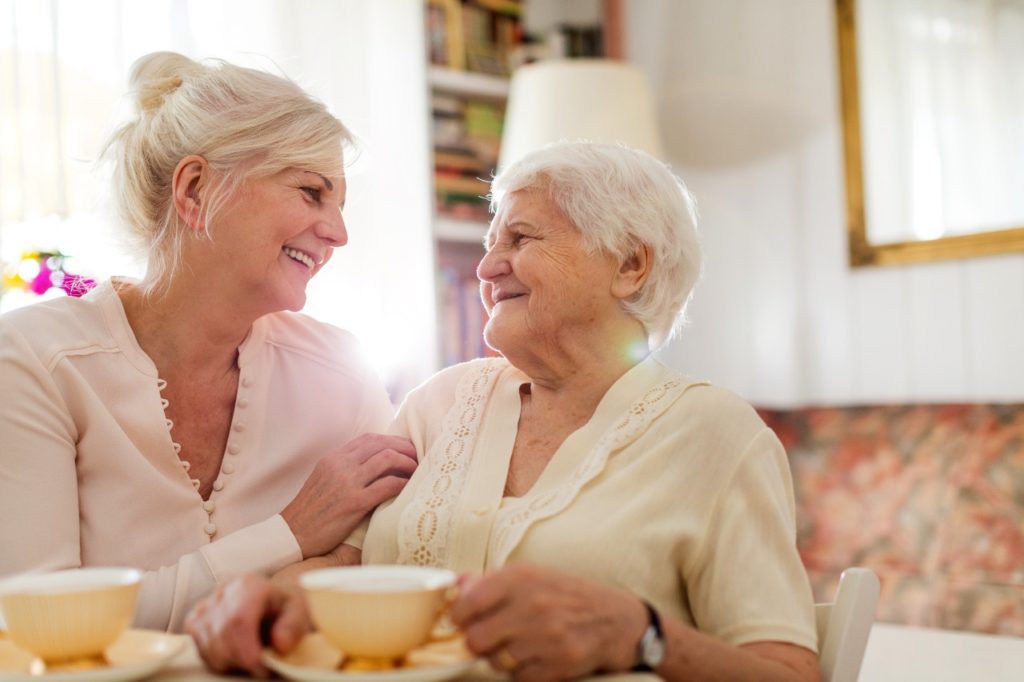
Whenever families gather for events or celebrations, adult children with aging parents have a perfect opportunity to talk about retirement living. But some people understandably find this a difficult conversation.
But don’t be fearful to broach the topic, says Stacey Poitras, Wellness Nurse at Mulberry PARC. “I find a lot of adult children are afraid to talk to their parents about retirement living, especially when the parents think they are just fine living independently in their homes.”
As a first step, she says, equip yourself with plenty of information on what independent living actually entails so that you can dispel common myths and properly present the options to your parents. “You can then evaluate your parents’ overall well-being objectively,” she says. “Are they supported mentally, physically, nutritionally and safety-wise where they are living? If not, then it’s time to encourage them toward a community where they have those supports in place.”
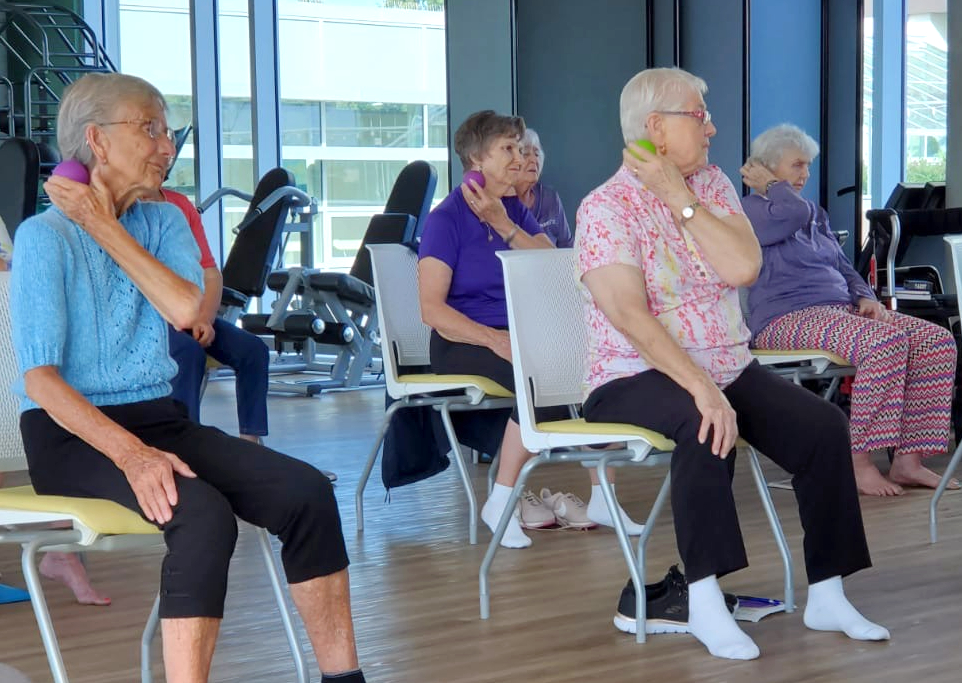
To start things off, here are a few questions you can ask:
- Are you able to stay on top of home maintenance lately?
- Are you still managing to take care of everything you need day to day, such as driving, cooking and cleaning?
- Are you starting to feel more lonely? How often do you see friends or neighbours?
- Are you finding it harder to get around lately? How are you with stairs?
- Do you ever wish you lived a little closer to things?
- Do you ever worry about your safety especially falls?
- Are you getting out as much as you used to?
- If you need help quickly, who would you rely on if you can’t reach a family member immediately?
To know if your senior parents may be ready to make a move, look out for these signs:
Withdrawing from social activities and get-togethers. As they age, your parents may lose motivation to go out and socialize. This could be due to perceived hassle – or simply no longer having a close group of friends. Loneliness and isolation can contribute to a decline in mental and physical health in seniors, and they are unfortunately common right now due to the COVID-19 pandemic, plus winter approaching, with anxiety levels at an all-time high. Sometimes, transportation is a stumbling block to socializing, because your parent no longer feels as comfortable driving as they once did. PARC Retirement Living offers complimentary transportation service, along with special outings and activities, to keep seniors active and engaged.

The loss of a partner or best friend. The passing of a close loved one can cause a decline in mental and physical well-being. It can also lead to greater social isolation. But a retirement-living community can provide support and a social safety net, while also restoring your parent’s independence.
A recent fall, or a decline in strength and fitness. An accident or injury is alarming, but it can also help crystalize the reality of your parent’s needs. What caused the incident, and was your parent able to access emergency assistance quickly? If not, it’s probably a sign that their living situation is no longer ideal. Becoming part of a community with safety processes and features in place – like 24-7 staff, special safety flooring, pull bars and more – plus fitness programs that rebuild strength and balance, will be a huge help in preventing future incidents. What’s more, PARC has onsite Wellness Nurses who monitor self-care needs, so that residents can maintain their independence as long as possible.
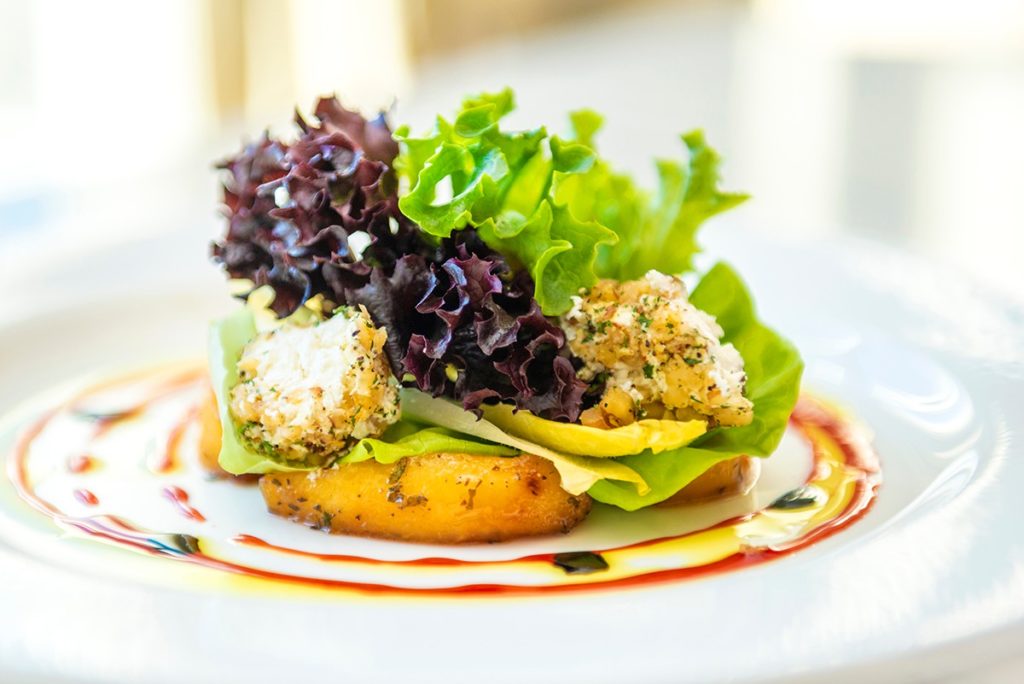
Changes in eating habits or weight. A significant weight loss or gain – or a lack of interest in cooking and eating – could be signs of poor health or depression. Many seniors prefer to eat meals with other people around. Or, the company of others reminds them to eat. So changes in social situation can sometimes precipitate changes in dietary habits. The quality of meals matter, too. Is your parent getting plenty of fresh produce and lean protein? If not, a retirement-living community like PARC, where residents enjoy healthy, chef-prepared meals with friends in a communal setting (with physical distancing in place during COVID-19) could be a very positive change. At PARC, the daily array of menu choices are full of flavour and variety. Our culinary teams even use some fresh produce grown onsite.
Loss of sleep. Some sleep loss occurs naturally with age, but it can also be a sign of declining mental or physical health. Independent-living communities like PARC support residents’ well-being through physical and mental fitness programming, which can improve sleep significantly.
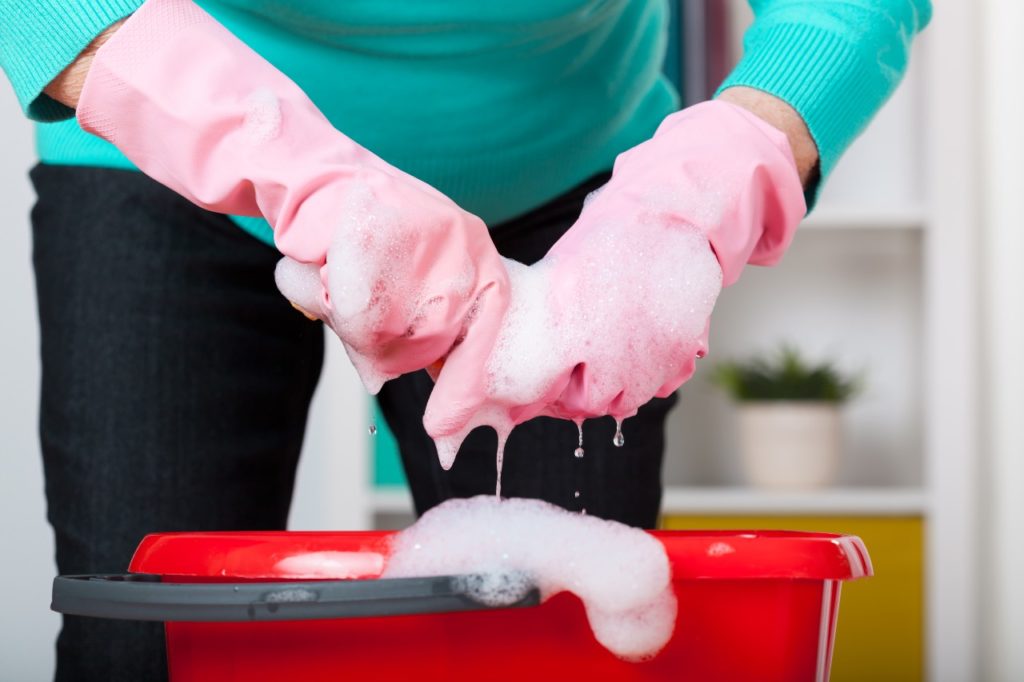
Lack of self-care. If you see a visible decline in your parent or loved one – such as an unkempt appearance, or a lack of grooming – it may be a sign that they need greater support in their day-to-day living. Poitras also suggests watching for changes in behaviour that could signal more serious issues, like increased clutter or hoarding around the house, or an inability to keep their space clean – all of which can present safety hazards. A move to independent living is a great opportunity to declutter. Plus, PARC offers daily light housekeeping as support for residents.
We hope you find this information helpful as you discuss the next stage of life with your aging parents! For more tips, take a look at our blog posts on starting a conversation with a loved one about moving into retirement living and this article for seniors, “Are You Ready to Move Into a Retirement Residence?” For help navigating difficult conversations, learn more about lifting relationship distress.
